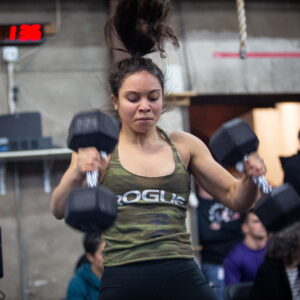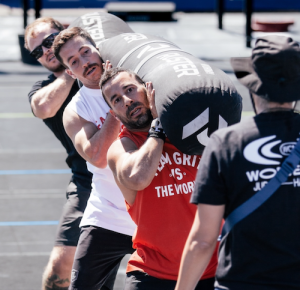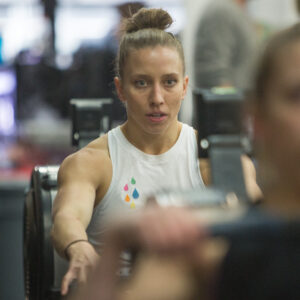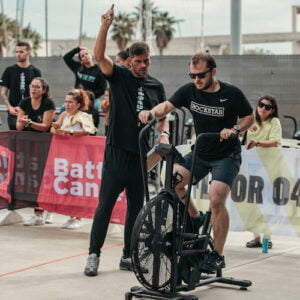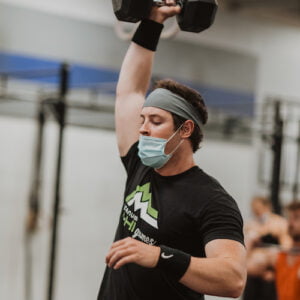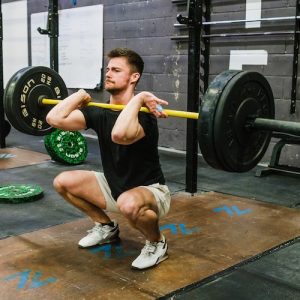Is a testing phase of training a reliable assessment for a new athlete coming on board? It’s practical, but it’s essentially condensing the things you’ll find out in training and competition into 1-2 weeks. Many athletes don’t want to do it as well. They are usually more eager to start training and stay productive through that initial stage.
One direction all of our coaching styles has moved towards more is creating an initial training phase, where testing might be a part of that, but the emphasis is on the training. Having a common starting point for your athletes is a good way of covering all your bases as a CrossFit coach. From there, the programme can evolve, and the training priorities emerge from the training as time goes on.
In this week’s episode, we talk about how we onboard athletes and how using common training progressions can help create more predictable and reliable results and give something more familiar to navigate when trying to move an athlete forward on something. Imagine writing different progressions for the problems you often see in multiple athletes. Recycling previous progressions, and making adjustments of course, can help you make more effective decisions as you start to notice patterns in various athletes.
Listen Here:
- If you’re enjoying the show, why not leave a review? It makes a difference in terms of other people finding the show.
Show Notes:
- [0:30] Creating a common starting point for athletes with a programme
- [1:45] Using repeated progressions with athletes to make results more predictable
- [3:20] Using a Saturday throwdown style workout to build the athletes profile
- [4:00] What does the first week of training look like
- [5:00] Distribution of working on specific and general things for the athlete
- [6:15] How the training programme evolves through iteration
- [8:10] Do people actually want to do testing weeks?
- [10:20] Using competitions as more reliable data than testing in training
- [15:00] Using the first period of training to identify training priorities
- [18:00] Structuring and organising progressions

